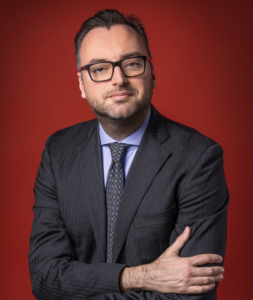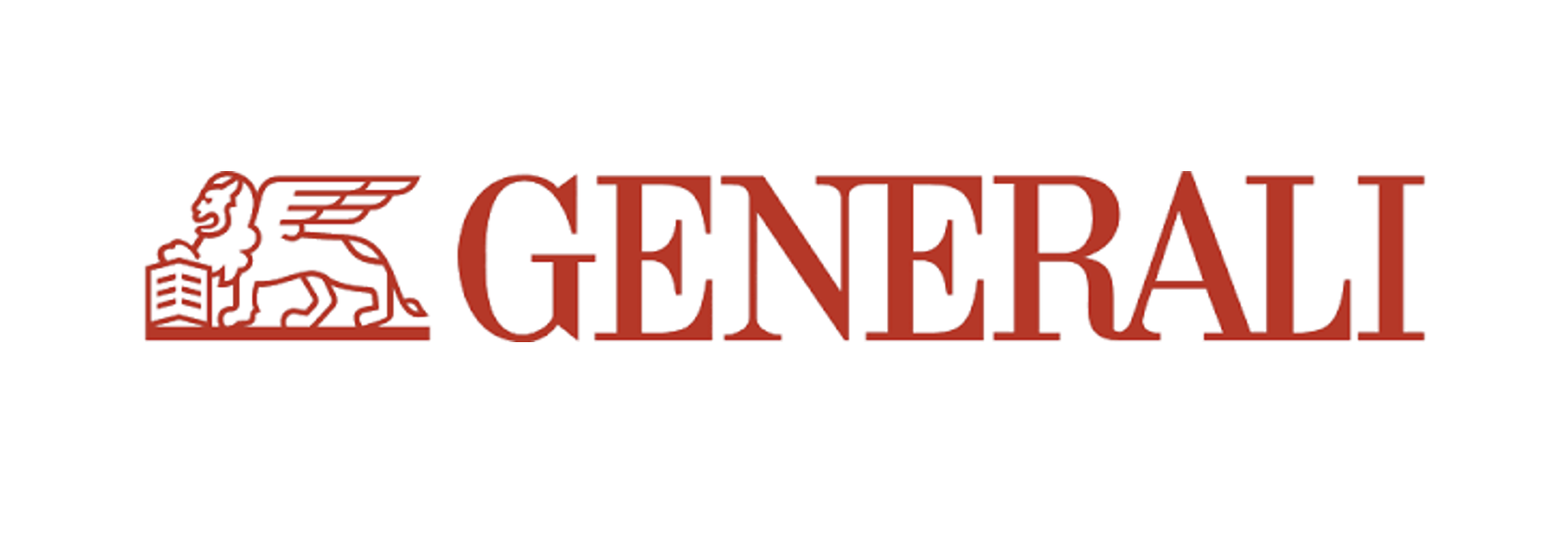The Croatian Business Council for Sustainable Development recently held an interview with the Mario Carini, CEO of Generali osiguranje d.d.
What does the signing of the Diversity Charter mean for your company?
For us, the signing of the Diversity Charter is another step towards strengthening the DEI (diversity, equity and inclusion) policy at the local level, which is designed to make people of different backgrounds, experiences and preferences feel welcome and to ensure that they are supported in fulfilling their capacities at a working place.
 Could you share with us some key milestones of the D&I journey for your company?
Could you share with us some key milestones of the D&I journey for your company?
This journey for us started as a project, but today it is part of our values and corporate strategy, which we promote and implement, and we aim to create an environment of respect and equity.
The inclusion of this topic in the strategy of Generali Group shows how important this topic is to us in our daily work and life. This is the value we systematically promote, and some of the goals we are actively working on are increasing the number of women in strategic positions, in management, and achieving a “zero pay gap” in the environment.
I would like to mention the launch of various interest groups, the so-called Employee Resource Groups, which contribute to removing cultural and behavioural barriers, promoting important projects covering all diversity, equity, and inclusion priorities. Employee Resource Groups (ERGs) are voluntary groups led by and attended by colleagues who share similar interests, with the aim of fostering a diverse, inclusive, and fair workplace, aligned with our Group’s values.
We are continuously evolving towards a diverse ecosystem that nurtures diverse perspectives, cultures and backgrounds, equitable processes that enable growth, contribution and development for all, and an inclusive and sustainable environment where everyone can thrive.
What aspects of diversity management have the highest priority in your company?
So far, we have mostly been concerned with raising awareness of potential gender differences. The Generali Group, including Generali in Croatia, has set the goal of equalizing wages by gender, the so-called NO gender pay gap.
In addition, we have special programs to encourage women managers to better network with each other and advance in the hierarchy. One of the programs is Generali Lioness, in which female managers from Croatia also participated, while the Meet’Her program presents the stories of inspiring talented women who turned obstacles into opportunities.
Another major priority is improving the conditions and position of people with disabilities – from arranging spaces, raising awareness of the topic among employees, and providing equal conditions for employment and career development.
It is also important for us to provide opportunities for younger candidates and employees who are employed here directly from the university. Thus, for example, special programs such as Young talents (Future owners) are used for early recognition of talent among younger employees, but also for additional investment in their accelerated development.
In your opinion, what are the biggest challenges faced by the industry sector in creating a diverse and inclusive workforce?
One of the biggest challenges towards creating a diverse and inclusive workforce for us is certainly attracting and hiring talent from diverse backgrounds. A lot of investment and change is needed to create and improve inclusive processes and attract different candidate profiles.
Another challenge is the acceptance of change, so we are working on employee awareness of the importance of diversity and the benefits for the company. Most people, in general, like to surround themselves with similar employees, employees who will easily fit into the existing system and way of working, because that way they stay in their safety and comfort zone. But in doing so, they isolate themselves from the fresh ideas and perspectives that are necessary to improve or change things, which mostly come because of diverse workforce.
What business benefits do you see as a result of increasing D&I?
By strengthening D&I practices and hiring diverse profiles, we get a lot of new perspectives and ideas, which leads to greater innovation. Different teams are more creative and faster in solving problems and better in making decisions. Ultimately, companies that support diversity also achieve better financial results and have happier employees, which is another great benefit for the employer.
Can you name three diversity challenges that companies have to pay attention to?
Surely. Companies should pay attention to stereotypes, prejudices, and unconscious biases. I add to that communication barriers and equal opportunities for everyone.
What do you do to convince your colleagues to see the value in diversity management, or even more to truly get them on board?
To show our employees how important diversity is in the company, we organize various lectures, workshops and educations that deal with topics that indicate understanding the importance of diversity. In other words, we try to raise awareness and encourage employees to start noticing everything that needs to be improved. We believe that raising awareness is the first step, and additional education and application of what has been learned in practice is the way to create and maintain diversity.
In addition, to make it clear how important this topic is to us, senior management in Croatia, as well as throughout the Group, we have clear quantitative DEI KPIs by which their work performance is evaluated. Ultimately, it is not enough to raise awareness and talk about the DEI topic, we also take concrete actions.
Did you plan anything for this year’s celebration of Diversity?
As part of promoting the acceptance of diversity, equity and inclusion, we organized several events this year. We signed the Charter of Diversity right before International Women’s Day, and organized a series of lectures, of which the CEO Talk discussed the topics of diversity and inclusion and the position of women within the company. We also held a lecture on unconscious prejudices in the workplace and inclusive leadership in collaboration with external experts, and a lecture on the challenges faced by people with disabilities and the changes we can make to promote equity and inclusion.
This year, we are also participating in the Workplace Inclusion Champion workshop, and we plan to commemorate the International Day of Persons with Disabilities in December.
#sustainability #sustainabledevelopment

